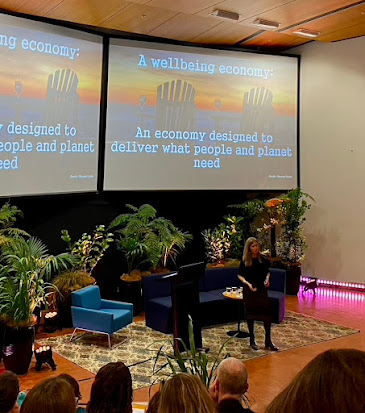NZ rich suck up more of our wealth

The NBR rich list has been published for 2025. The combined wealth of the 130 listed is $102.1 billion. In 2015 the 180 individuals and families listed had a combined wealth of $55 billion . According to the Reserve bank inflation calculator the percentage of change over the last decade was 32.9%. Given that the 2025 list is much smaller than that in 2015, the increase in wealth for those on the list must be well over 3x that of inflation. For some years average household wealth has decreased . Since 1980s and 90s, when New Zealand experienced the fastest growing inequality in the OECD, we have become so used to this wealth capture by a privileged few that when each wealth list is published, it receives minimal attention. When there are criticisms of the systems that favour the rich the current government dismisses it as envy , while continuing to gift even more advantage to the already wealthy. The $2.9 billion tax break f...



